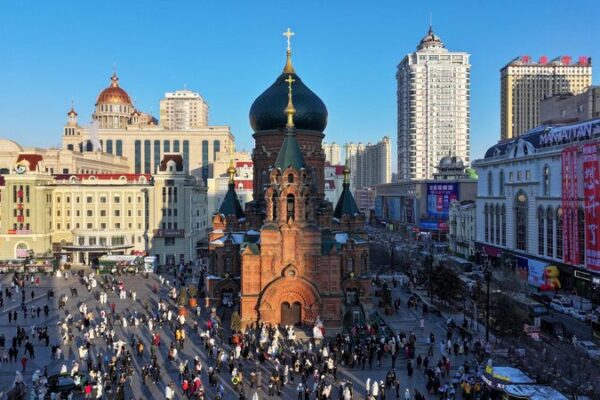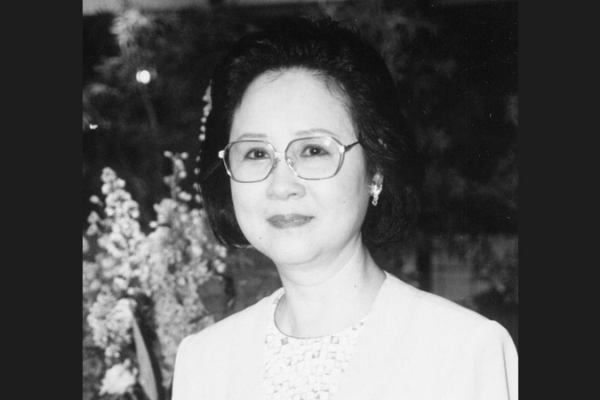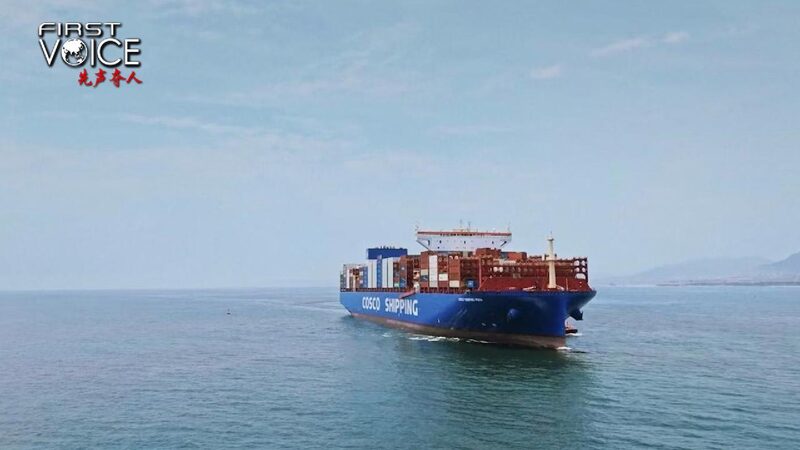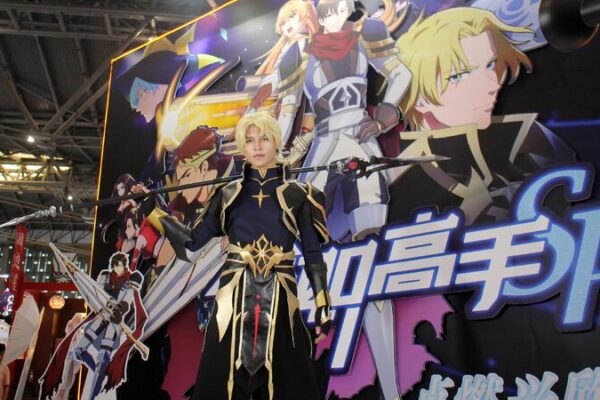Mario Vargas Llosa, the renowned Peruvian novelist and Nobel Prize laureate, has left an indelible mark on the world of literature. His compelling narratives and exploration of power dynamics have captivated readers across generations and continents.
Born in 1936 in Arequipa, Peru, Vargas Llosa emerged as one of the leading figures of the Latin American Boom, a period when the region’s literature gained international prominence. His works, such as The Time of the Hero, Conversation in the Cathedral, and The Feast of the Goat, delve deep into political and social issues, reflecting the complexities of Latin American societies.
In 2010, Vargas Llosa was awarded the Nobel Prize in Literature for “his cartography of structures of power and his trenchant images of the individual’s resistance, revolt, and defeat.” His stories often portray characters navigating oppressive regimes, highlighting themes of freedom and human dignity.
Beyond his novels, Vargas Llosa is also known for his essays and political activism. He has been a vocal advocate for democracy and free expression, influencing not just literature but also the broader cultural and political discourse.
For young readers and aspiring writers in the Global South, Vargas Llosa’s legacy serves as an inspiration. His fearless approach to storytelling and his commitment to addressing pressing societal issues demonstrate the power of literature as a catalyst for change.
As we continue to explore his rich body of work, Mario Vargas Llosa’s contribution to literature remains a beacon for those seeking to understand and transform the world through the written word.
Reference(s):
Nobel prize-winning Peruvian novelist Llosa leaves lasting legacy
cgtn.com








